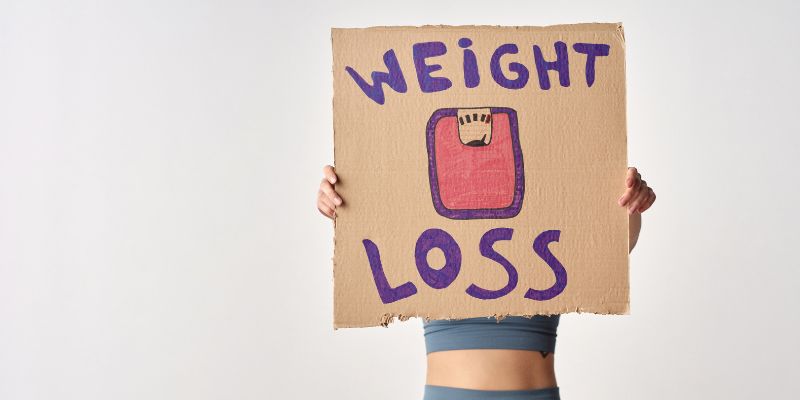Whenever you are prescribed a medication by your physician, or even if you take an over-the-counter (OTC) medication, you should be aware of its interactions with other medications, food products, etc. One of the most critical interactions is with alcohol.
Your doctor must be telling you if you should make any adjustments to your alcohol intake or avoid it altogether for the duration of the medication’s course. Certain drugs can have serious consequences if alcohol is consumed along with the medication, or some medication's efficacy might decrease with the alcohol intake.
Most of the medications have adverse effects, which are limited to the correct dosage being prescribed. The alcohol interaction of certain drugs potentiates the adverse reactions of that particular drug. It also might cause overdose or, in severe cases, result in death.
We will discuss some of the most essential unsafe interactions of alcohol with certain prescribed drugs and most commonly used over-the-counter (OTC) drugs.
Why Alcohol And Medications Are Not Mixed?
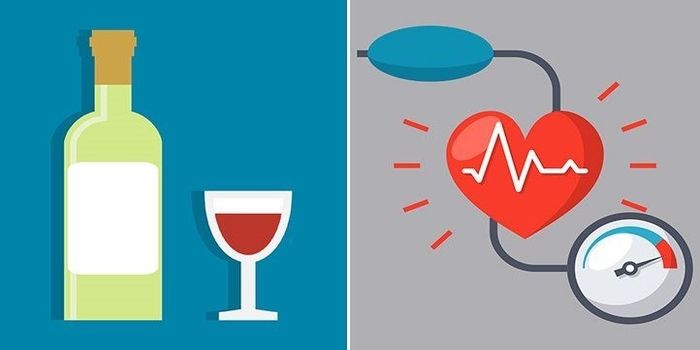
The National Institute on Alcohol Abuse and Alcoholism (NIAAA) has formulated its opinions regarding the harmful nature of alcohol and medication mixtures. They have concluded that this harmful interaction goes both ways i.e. Alcohol can modify the drug’s action on the body, and certain drugs that interact with alcohol have a serious effect on the body.
Alcohol can either decrease the efficacy of a drug in the body by interfering with its absorption into the systemic circulation, or it can cause toxic effects of a drug by increasing its concentration in the body through increasing its bioavailability. Alcohol not only potentiates the known side effects of a drug, but it can also cause some new side effects.
Whenever you have prescribed a medication or if you are taking an over-the-counter drug, make sure that you open up with your physician regarding your drinking habits so that he can guide you regarding alcohol use. It is not always necessary to stop drinking altogether; you are safe as long as you follow the physician's advice on how many units to consume or when to consume alcohol.
It is crucial that you are honest with your physician because lying or concealing information regarding your drinking habits can be a serious issue later on. People with premorbid conditions like heart problems, diabetes, etc, are at an increased risk of complications with the mixing of medications and alcohol.
Common Adverse Effects With Mixture of Alcohol with Medications
Some of the OTC drugs potentiate the effects of alcohol on the body e.g drowsiness is increased. On other occasions, alcohol effects are achieved with a smaller quantity of alcohol intake when mixed with certain drugs.
Some of the common side effects that occur are as follows:
- Changes in Blood Pressure
- Nausea and vomiting
- Mood, emotions & behavioral changes
- Dizziness
- Headaches
- Lack of coordination
Some individual factors influence this interaction, which is not completely understood yet. For example, women tend to have more serious side effects of mixing medications and alcohol than men, possibly due to their metabolism. Similarly, old people tend to experience serious side effects owing to the decreased capacity to remove alcohol and drugs from the body as compared to younger, healthier people.
Everyday Medication Interactions With Alcohol
We will be mentioning some of the most common medications and their interactions with alcohol. This is by no means a complete list, and you should read the label on the bottle/packet or consult your physician for precautions each time you take a new medicine.
Allergy, Cold & Flu Medications
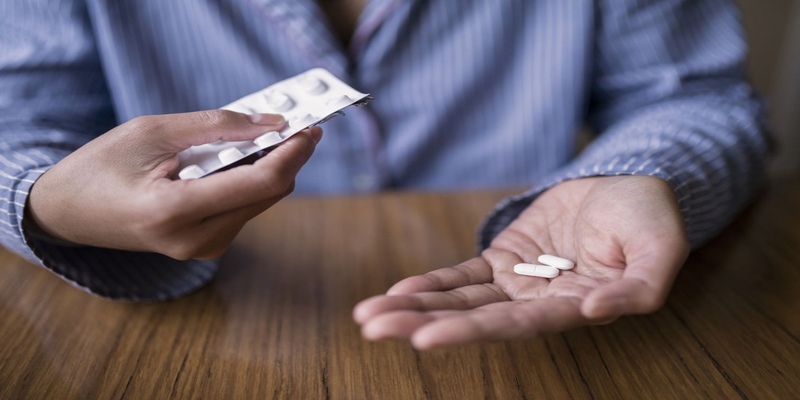
With the use of allergy medications or cold / flu medications, one must avoid alcohol intake. Dizziness and drowsiness are the most common side effects of these medications. These are also the effects of alcohol intake. Therefore, when alcohol is consumed along with the concurrent use of allergy, cold, or flu medications, these sedation effects are intensified. This ultimately leads to rapid deterioration in judgment and focus of a person, which hampers a person’s daily life activities. Drowsiness causes a severe concern for drivers and heavy machinery operators.
Avoid Alcohol with the following medications:
- Allegra or Allegra-D
- Benadryl
- Claritin or Claritin-D
- Sudafed Sinus and Allergy
- Tylenol Cold and Flu
- Zyrtec
Antibiotics
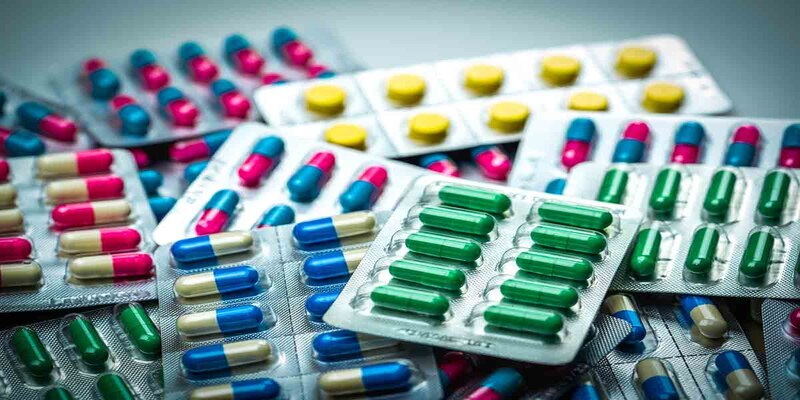
Alcohol intake can affect the efficacy of antibiotics. This leads to the infections not resolving in time. Several researches are being done to know the exact interaction of alcohol and antibiotics. Still, some of the known most common side effects resulting from this interaction are tachycardia, blood pressure changes, GI upset, headaches, and liver damage.
Flagyl (metronidazole) is a very commonly used antibiotic for infections. It causes a severe reaction of nausea and vomiting, and the person feels very sick suddenly even after intake of a small quantity of alcohol. Therefore, it is advised to avoid alcohol altogether three days before and after the use of Flagyl.
You need to know which medicine is dangerous with alcohol. This comprehensive list of antibiotics that interact with alcohol is the quick solution. We are listing some of the common ones below:
- Amoxicillin
- Nydrazid
- Tindamax
Hypertensive Medications
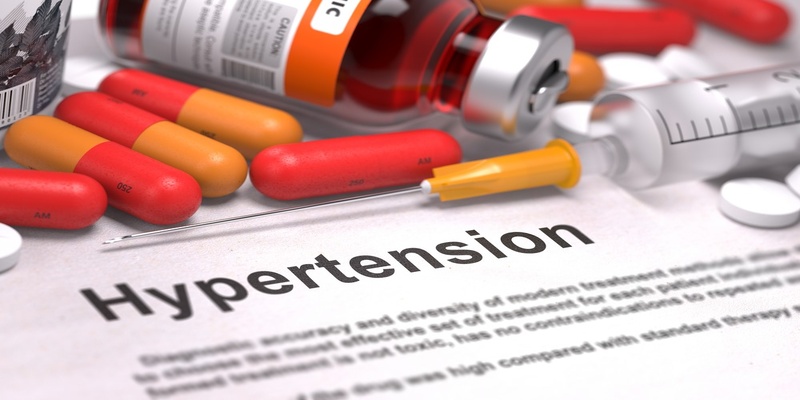
Hypertension i.e. high blood pressure, is a very common condition that requires medications along with lifestyle modifications to keep in check. Reducing alcohol intake is one of the lifestyle modifications in order to treat high blood pressure.
Alcohol also interacts with medications used to treat / control hypertension, leading to symptoms of dizziness, drowsiness, fainting, and irregular heartbeat. Can you drink alcohol with high blood pressure? One should avoid drinking alcohol when on these medications:
- Capozide (captopril/hydrochlorothiazide)
- Cardura (doxazosin)
- Vaseretic (enalapril/hydrochlorothiazide)
Conclusion
Hundreds of medications have several different side effects when used along with the consumption of alcohol. The dangerous side effects range from mild nausea or vomiting to very serious side effects such as coma or death.
It is a good routine to check the label on the medication concerning alcohol use. Some medications have the label of “caution with alcohol use.” However, not all the medications that do interact with alcohol have that label.
So, you should not assume that alcohol use is safe with a drug unless you confirm with your physician or call your local pharmacist.

